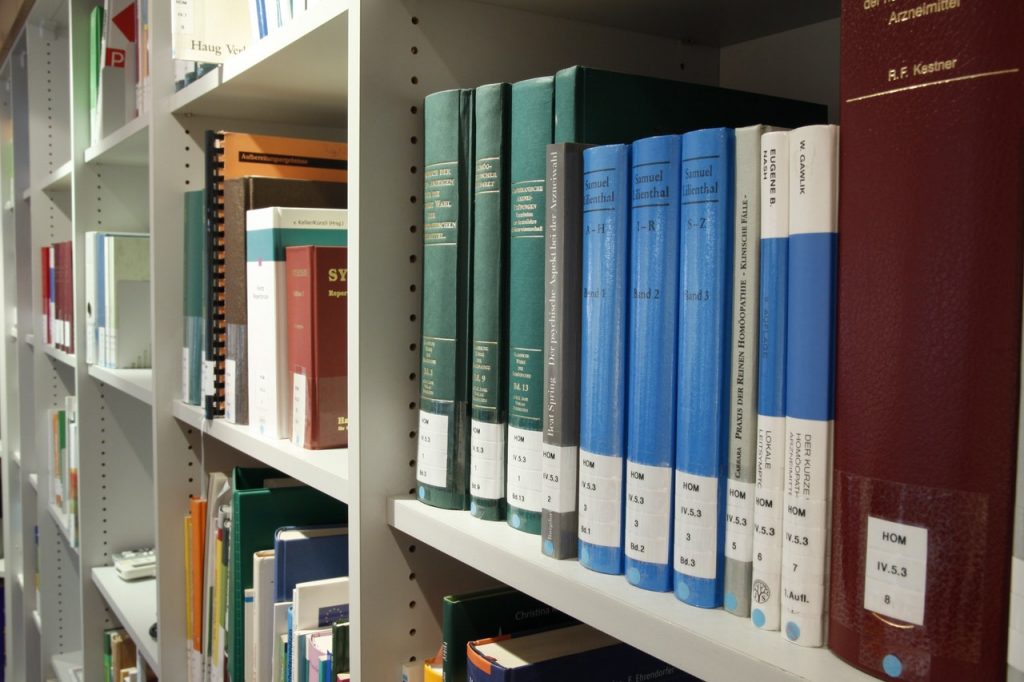
Education Visa
The Education Visa is one of the most popular applied for by foreigners wishing to reside in Thailand. It offers up to 12-months stay in the country which can be extended over a number of years.
Who will benefit from an education visa?
Those people looking for an extended stay in Thailand will benefit from applying for an education visa. While most choose to study the Thai language at a government accredited language school it is possible to take other courses to improve skills.
There is a shortage of long-stay visa options for foreigners under the age of 50 years old who are not legally employed here or married to a Thai national. This makes the education visa an excellent choice for those wishing to extend their stay in the Kingdom while also learning the language or improving their skill set via an approved course.

There are rules!
As with all Thai visa applications there are rules that need to be complied with. The first is that you must choose a school which is registered by the country’s Ministry of Education, decide on the type of course you want and then pay the required fee.
The school will then advise and assist you with the correct documentation to begin the process of helping you obtain an initial 3-month Non-Immigrant ED visa.

Initial visa will be obtained outside of Thailand:
Most visitors to Thailand will receive a tourist visa upon arrival. To turn this into an educational visa there should be at least 3 weeks remaining of your current visa from the date of application for an education visa.
The initial education visa can only be obtained by leaving the country and applying at a Thai consulate in another country.
The most popular countries to visit for this purpose are Thailand’s neighbouring countries such as Laos, Cambodia, Malaysia or Vietnam.
Documentation required:
Before leaving Thailand to apply for your initial ED visa it is important to have all required documentation in order. Minimum documentation requirements are:
- Passport : This must have a minimum of 6 months validity.
- Visa application form: This can be obtained from your chosen educational institute or organization, or downloaded. It is important that this form is completed correctly and in full.
- Photograph: A recent photograph of the applicant (4 x 6 cm).
- Letter of acceptance: This should be provided by your chosen educational institute or organisation.
Private institution study:
For those studying in a Private Institution additional documentation is required. This includes an official letter from either Thailand’s Ministry of Education or other relevant sub-authorities approving enrollment of foreign students, a copy of the registration certificate of the academic institute concerned, a copy of the student’s academic record, and student ID (if the applicant is still currently studying).

IMPORTANT:
Consular officers in whichever country consulate you choose to apply for the educational visa reserve the right to request additional documentation as they deem necessary. They also have the authority to refuse the granting of a visa.
Successful application:
Once your application is approved you will be issued with an initial 3-month Non-ED visa and upon re-entering Thailand either via a land border or an airport you will be issued with a 90-day visa that allows you to legally remain in the country and commence studies.
Extending the visa:
Those holding an Education visa and are listed as being on a Thai language learning course will in all likelihood be given a short test by the immigration officer conducting the interview. This is to establish how your Thai language skills are progressing.
Please note that the testing will get progressively more difficult at each 90-day report.

Assuming this test is passed you will be issued a further 90-day visa extension. The procedure will be carried out 3 times in total making a 1-year stay in the country possible with the education visa.
Don’t try and fake it!
In the past many foreigners have thought that obtaining an education visa and not attending their stated educational course was an easy way to enjoy an extended stay in the country.
Thai immigration are aware of this ruse. An example of the consequences is that if you fail the small test given on your 90-day reporting they are at liberty to cancel your visa and place a void stamp over the current visa issued.
This means you are strongly advised to work at your chosen subject and progress rather than losing the education visa.

Renewal of a 1-year educational visa:
The process of extending your 1-year Non-Immigrant Education visa is very straightforward.
You must start the entire process again!
Those wishing to do this simply choose a new course, ensure they have the relevant new and other documentation mentioned, take a trip outside of Thailand to a Thai consulate of choice and complete the above application process once more.

The only additional fact to remember is that when applying for subsequent education visas you will be asked to supply a letter confirming successful completion of your previous course.
Please do not forget to request and receive this from the institute or organisation you attended.
An excellent way to continue your education:
Life is all about learning and learning in Thailand is a very pleasant way to study. The education visa allows students of all ages the opportunity to enjoy the delights of this beautiful country while enhancing their knowledge set.
